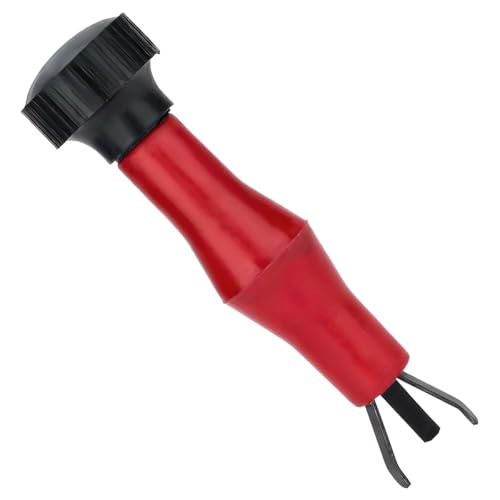RossKean
Well-known member
If it was your braking system, I expect that you wouldn't have used a torch in the first place.If it was my braking system, I would be verifying things with precision measurements. Your brakes, your call.
Anyone else share my recollection that one (or both) piston pair(s) in the right caliper are a distinctly different color than pistons in the left one?






























































